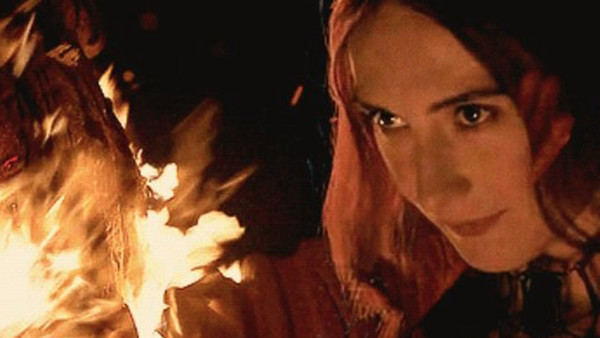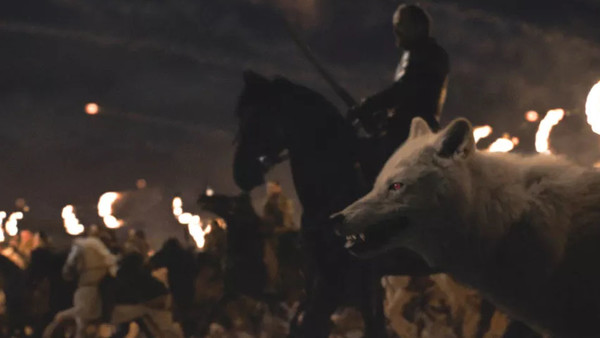Game Of Thrones Season 8 Breakdown: What 'The Long Night' REALLY Means
We're really in the Endgame now.

We're in the Endgame now.
Despite the fact that pretty much everyone thought that the end of season 8 of Game Of Thrones would have two huge battles in very quick succession in the final two episodes, the show-runners have thrown an almighty spanner into the works. She's called Arya Stark and she doesn't take prisoners.
The Long Night - as season 8's third episode has now been titled - was an incredible experience. It was exhilarating, breath-taking and wholly gripping (even when way too many of the scenes were way too dark) and it delivered on the hype while never straying too far into "empty fan-service". Whatever that means.
It was also an episode that, inevitably, will have HUGE consequences and which requires a fair bit of interpretation. So prepare your brains for another deep dive...
12. Ghost Is Not Dead

Let's get this out of the way immediately: while the episode seems to suggest that Ghost's Leeroy Jenkins style charge into battle with Ser Jorah and the Dothraki at the very start of the battle was his end. He didn't noticeably return alongside Jorah and then seemed weirdly absent for the rest of the episode for a character who hadn't just been slain off-screen.
If it wasn't for the trailer for episode 4 showing him, this point might well have been dedicated to the creature's honour and his memory, but there's a brief shot of him at Winterfell that confirms he isn't dead.
And that means, hopefully, that we might yet see him teaming up with Nymeria for the Last War? Fingers crossed, anyway?